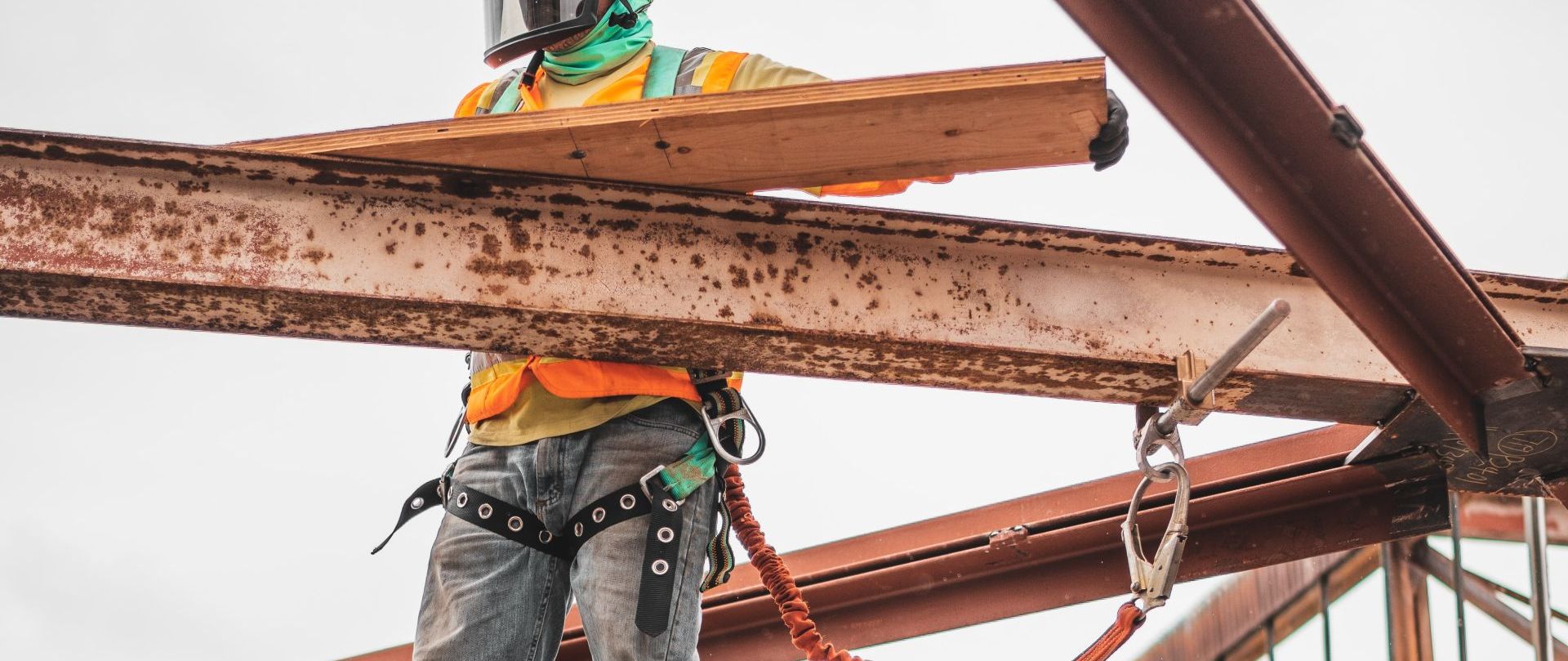How to Prevent Falls in the Workplace
It is a fact that more than 16 percent of all workplace falls result in injuries or illness that affect the productive environment of a workplace. It becomes essential then to employ means to prevent falls at the workplace. Falls at the workplace are mainly of two kinds: those that happen in single-story structures and those that occur from a higher level.
Most falls occurring from slips and trips at the same level are caused due to slipping on an icy surface or tripping over an object. A fraction of the falls occurring from different levels happen when people fall off ladders, steps or a higher floor. It is also a fact that falls at the workplace can be prevented. Although accidents are not easy to guess, it’s still quite possible to prevent them from happening. Doing away with unsafe acts and conditions can control such accidents. Look for ways to prevent slips, trips and falls from occurring at the workplace. Once these hazards are eliminated you can usually prevent accidents from taking place.
Some of the precautions you can take to avoid accidents are: Ensure that all spills and wet surfaces are immediately cleaned up from the floor. Do not allow any residual slimy leftovers to be lying around on the floor as it could be a cause for a potential slip or fall. See to it that all walking pathways in the office are clutter-free. Do not allow normal walkways to be littered by any object that might result in people tripping and falling over.
In case you need to reach up to something that’s high up in the office, always use a safe stepladder. Never use chairs or desks to climb up to access things above your head.
Make sure that you only carry loads that you can safely handle. While carrying objects, make sure that your line of vision is not affected and that you are not carrying a load that is too heavy-weighty objects may make you stumble under their weight.
Always have good illumination around the office space. Whether indoors or near to the exteriors, ensure that lighting is adequate and visibility is not affected.
Always wear good footwear when you are walking about. We may not have control over the condition of the surface that we walk on. But we do have control over what we choose to wear on our feet. Increasing friction between the soles of your shoes and the surface on which you are walking greatly reduces the risk of slip-injuries.
Follow safety tips to choose the right shoes for the prevailing conditions. Wear hard rubber soles for greasy, concrete or wood flooring. Soft rubber shoes are good for dry surfaces. Crepe soles are best for rough concrete surfaces, dry or wet, and neoprene soles are good and safe on most wet or dry surfaces.

